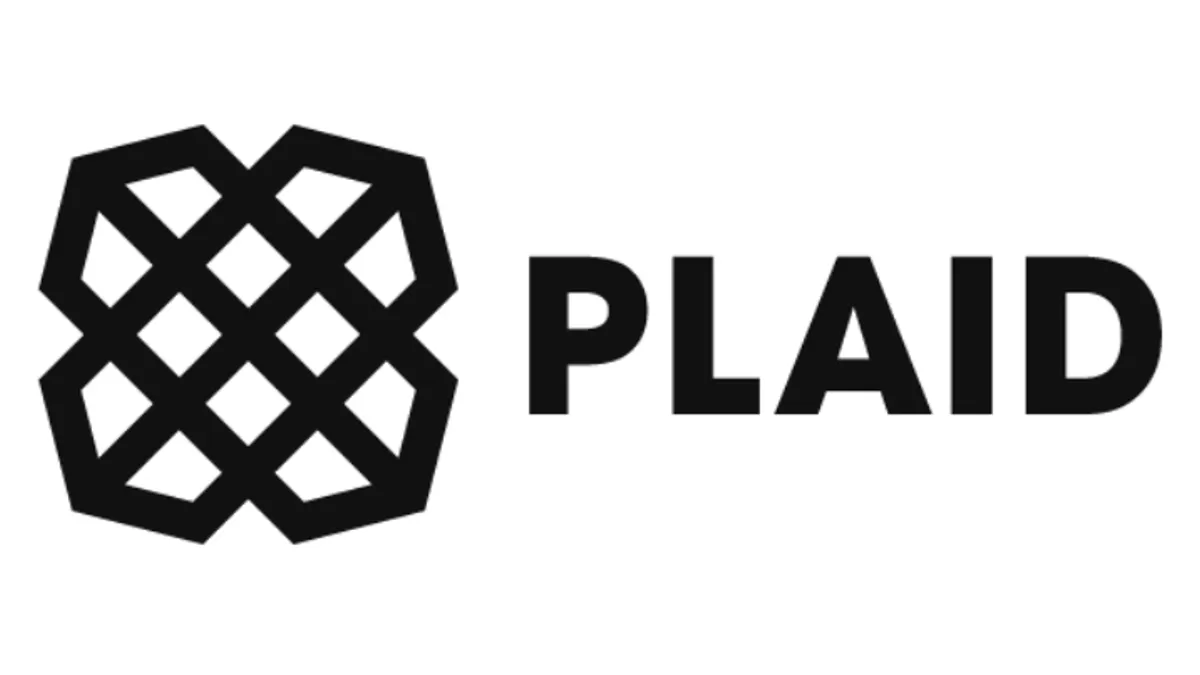Visa’s announcement Monday that it plans to shell out $5.3 billion to scoop up Silicon Valley startup Plaid has the fintech and banking industries buzzing.
Some industry experts predict the deal could spur more fintech acquisitions this year and signal major changes to come in the open banking landscape, while others worry about the increased security risks.
"This will usher in more fintech-on-fintech M&A," Brex CEO Henrique Dubugras told Banking Dive, adding that the deal shows demand remains robust for high-quality, scale fintech players.
Some of Visa’s established competitors may make aggressive moves to keep up, said Jake Levant, vice president of marketing at customer experience platform Lightico.
"The acquisition will play a major role in bringing fintech, as an industry, into the big leagues — front and center," Levant told Banking Dive.
The deal also validates the merits of open banking in the U.S., Levant said.
"Visa’s acquisition of Plaid is a massive endorsement for open banking and what open banking is helping to create — a fully customer-centric, transparent and fluid experience for customers across different financial institutions," he said. "It also sends a clear message to laggard legacy banking and financial institutions: Go open and digital or go home."
This is smart on Visa’s part as it's not really about the revenue from Plaid but the relevance of Visa going into the digital age due to the ecosystem Plaid has built for a lot of fintech companies to connect to banks.

David Brear
CEO, 11:FS
Dubugras echoed that sentiment.
"The Plaid transaction validates new business models — like Brex, Chime, Venmo — that are built on top of banking [application programming interfaces]," Dubugras said, referring to the software "plumbing" that enables fintechs including Venmo, Chime and TransferWise to connect to customers’ bank accounts.
"Much like the Visa network unlocked an era of marked shift from siloed credit arrangements between one merchant and one buyer, the banking API era will mark a shift from siloed transaction data between one customer and one financial institution, to one in which technology companies can harness universally available data to build products," Dubugras said.
But not all banks are in favor of sharing online banking credentials with third parties, said Dayna Ford, a senior director at Gartner.
"It has some inherent potential security risks," she told Banking Dive.
JPMorgan Chase and PNC Financial Services Group recently tightened their third-party data sharing practices, citing security concerns, and some experts say the trend is expected to continue in 2020.
A recent security upgrade at Pittsburgh-based PNC prevented data aggregators from gaining access to customers' account numbers and routing numbers last fall. Meanwhile, Chase announced this month that it would ban third-party apps from accessing customer passwords. The U.S.'s largest bank said it plans to issue tokens for access to a limited amount of data in a secure form.
Aggregator Yodlee was the first company to agree to use tokens for all of its interactions with Chase, and Plaid has signed up to start using tokens, according to the Financial Times.
Visa’s deal could encourage banks to be more receptive to allowing third-party access to customer data, Ford said.
"By [Plaid] becoming a part of Visa, perhaps Visa tries to normalize that more, or shift the technology more toward APIs and encourage the banks to be more cooperative with the likes of Plaid, rather than having Plaid have to create a technical workaround," she said.
“As an established, trusted partner of banks who has long had access to considerable data themselves, perhaps Visa’s ownership of Plaid will help ease some banks’ concerns in this regard,” Eric Marks, senior director with West Monroe Partners' financial services practice, told Banking Dive.
For what it’s worth
The $5.3 billion acquisition price turned heads, given that it was double Plaid's $2.65 billion valuation from a 2018 funding round.
The fintech is projected to boost Visa’s revenue growth by about 1% in 2021, according to Quartz. But the deal is about more than revenue, said David Brear, CEO of fintech consultancy 11:FS.
"This is smart on Visa’s part, as it's not really about the revenue from Plaid but the relevance of Visa going into the digital age due to the ecosystem Plaid has built for a lot of fintech companies to connect to banks," he told Banking Dive. "It’s good to see Visa really getting into the game for fintech. They were slow to begin with but have really caught up with deals like this, as well as the partnerships they've announced with the likes of Revolut."
Revolut, a British digital bank, said in September that it was partnering with Visa to expand into 24 new markets. The bank is valued at $5 billion ahead of its upcoming funding round, according to Fintech Futures.
Ford said it makes sense that traditional card networks like Visa would continue to expand into the bank-based account-to-account network space. "In Visa’s comments, they included references of becoming the network of networks," Ford said. “But I also think it means that the traditional card networks and banks are not looking to stifle fintech innovation.
"What they're looking to do is make sure that they remain relevant and involved,” she said.






















